QUICK LINKS

What is Menopause?
Menopause is the time of a woman’s life when her reproductive years end. It is a normal part of aging that marks the end of a woman’s menstrual cycles, and usually occurs in your late 40s or early 50s. Menopause is defined as a year without any menstrual bleeding (in the absence of surgery or a medical condition that may cause bleeding to stop). As a woman ages, her reproductive cycle will start to slow down and her ovaries will create less estrogen. This decrease in estrogen will cause the menstrual cycle to change, becoming irregular and eventually stopping.
“I highly recommend Dr. Tepper!He is highly professional, experienced, and calming. My pregnancy and birth were such a positive experience thanks to him and his lovely staff at the clinic.”
SEE MOREIn the months or even years leading up to menopause, you can experience the following symptoms:
- Hot flashes.
- Chills.
- Night sweats.
- Irregular periods.
- Vaginal dryness.
- Mood changes.
- Weight gain.
- Thinning hair.
- And more.
The Stages of Menopause
The process of natural menopause is a gradual one and can usually be broken down into three stages, which include:
- Perimenopause: Perimenopause begins when the ovaries slowly produce less estrogen, usually 8-10 years before menopause. This stage lasts until the ovaries stop releasing eggs. In the last couple of years of perimenopause, many women will begin to experience common menopause symptoms. However, menstrual cycles are still happening, and pregnancy can still occur.
- Menopause: Menopause marks the point when a woman stops having menstrual periods. The ovaries have stopped releasing eggs and producing most estrogen.
- Postmenopause: This describes the period of time after a woman has not had a menstrual cycle for an entire year. During this stage, menopause symptoms may ease up for some women. Post-menopausal women may have an increased risk for a number of health conditions like osteoporosis and heart disease due to their lower levels of estrogen.

MEET DR. ALEX TEPPER
Welcome to my practice. Let me introduce myself and my practice philosophy. I am a board certified OB/GYN in practice for over 20 years and have been a solo-practitioner on the Upper East Side of Manhattan since 2000. All deliveries are performed at The Mount Sinai Medical Center where I went to medical school and at Lenox Hill Hospital.
Treatment Options for Menopause
Because menopause is a natural process that our body experiences, some women may not need any treatment. However, if the symptoms of menopause are disrupting your life, you may need to speak with a doctor regarding treatment options. The main types of treatment for menopause include:
- Hormone therapy: When a woman’s ovaries no longer create enough of the hormones estrogen and progesterone, hormone therapy can help to relieve some symptoms associated with menopause. There are two main forms of hormone therapy, including estrogen therapy (ET) and estrogen-progesterone therapy (EPT) which can be taken as a pill, patch, cream, spray, gel, or vaginal ring.
- Non-hormonal treatments: Other treatment options to help ease the symptoms of menopause may include low-dose antidepressants or Gabapentin to reduce hot flashes, medications to prevent and treat osteoporosis, and lifestyle changes including diet and exercise.
BOOK AN APPOINTMENT
Whether you are a new or returning patient, Dr. Tepper can assess your concerns and discuss your options to find the most comfortable and convenient care for you. To get started, call our office to set up an appointment.
CALL FOR APPOINTMENTContact Us to Learn More
If you are experiencing the symptoms associated with menopause and would like professional care, contact our office today. Your first step will be to schedule an appointment with Dr. Tepper so that he can assess your symptoms and health history.
Our Blog

Your Guide to Understanding Placenta Previa

The Benefits of Having a Spanish-Speaking OB/GYN in Manhattan



